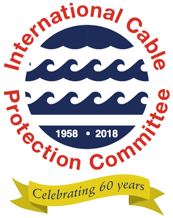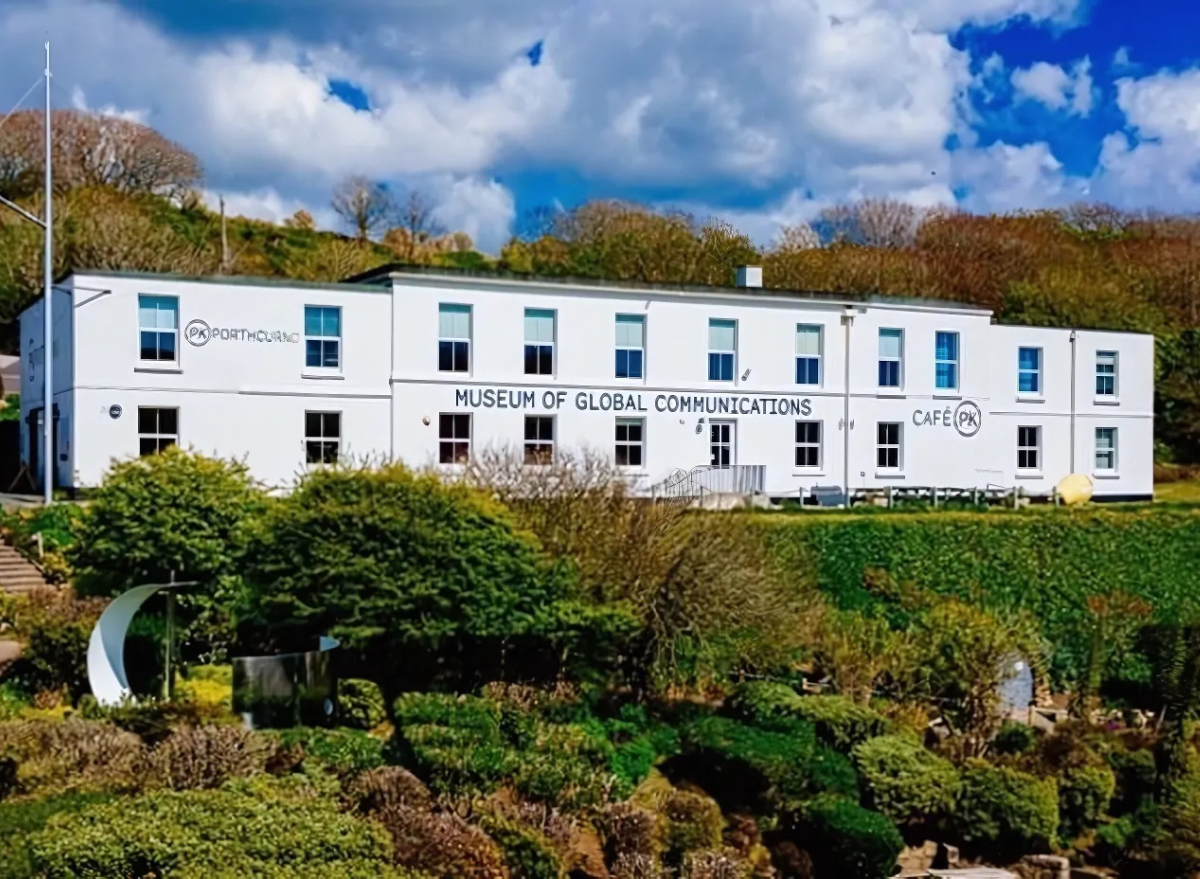Celebrating 60 Years of Protecting Submarine Cables
 How many times a day do you communicate with North America? Europe? Asia? South America? Whether it’s for business or personal reasons, if you’re emailing, web browsing, accessing social media, watching videos, playing games, or making banking transactions, it’s likely far more than you realize. For many of these online communications, your data is almost definitely travelling underwater for part of its journey. In fact, when it comes to intercontinental communications, submarine networks carry upwards of 95% of the data and transactions totaling $10 trillion, each and every day. These two facts alone make submarine cable networks “too big to fail,” as they’ve rapidly become a crucial part of our everyday online lives, both business and personal alike.
How many times a day do you communicate with North America? Europe? Asia? South America? Whether it’s for business or personal reasons, if you’re emailing, web browsing, accessing social media, watching videos, playing games, or making banking transactions, it’s likely far more than you realize. For many of these online communications, your data is almost definitely travelling underwater for part of its journey. In fact, when it comes to intercontinental communications, submarine networks carry upwards of 95% of the data and transactions totaling $10 trillion, each and every day. These two facts alone make submarine cable networks “too big to fail,” as they’ve rapidly become a crucial part of our everyday online lives, both business and personal alike.
So, who’s actively protecting this critical submerged telecom infrastructure? The International Cable Protection Committee is, and it’s an organization you should get to know a lot better.
The ICPC was formed in 1958 to promote the protection of subsea cable networks by providing a forum for exchanging technical, legal, and environmental information about subsea cables. There are currently over 160 members from over 60 nations including cable operators, owners, vendors, service providers, and governments, making it the world’s premier subsea cable organization.
The ICPC’s prime activities are related to promoting the awareness of submarine telecom and power cables as critical infrastructure that must be protected – particularly as it pertains to other seabed users, governments, and the public – by establishing internationally agreed upon standards for submarine cables from cradle to grave. The ICPC develops and maintains a suite of industry standards covering the various lifespan stages of undersea cables such as route planning, cable laying and installation, operation, maintenance, protection, and retirement. These standards ensure that both existing and new cables are better protected via tried and true practices.
In 2018, the ICPC will celebrate its 60th anniversary since being established way back on May 22, 1958.
The ICPC actively monitors the evolution of international treaties and national legislation, since submarine cables often span thousands of kilometers across different jurisdictions, and helps to ensure that submarine cable interests are fully understood and protected by all relevant stakeholders. The ICPC supports peer-reviewed research into the interactions of cables with the ocean environment to provide an evidence-based foundation for those interactions. It’s precisely these activities that makes the ICPC an organization worthy of praise.
Ciena demonstrated its commitment to information sharing across the submarine network industry by joining the ICPC back in 2012. Because global collaboration is critical to properly protecting the world’s submerged Internet network segments, the ICPC regularly liaises with other like-minded regional cable protection committees and cable owner associations because global collaboration is critical to properly protecting the world’s submerged network segments of the Internet. The Internet is the biggest construction project ever created by the human species, geographically speaking, and thus requires multiple organizations to protect it.
The ICPC is meeting in their 50th annual plenary session this week in Montevideo, Uruguay, with the theme of discussing the insights and challenges in submarine cable planning, installation, protection, and maintenance – a good thing for the expanding global Internet.
In 2018, the ICPC will celebrate its 60th anniversary since being established way back on May 22, 1958. I personally think that the ICPC deserves a lot more attention given the critical role they play in protecting critical submarine network infrastructure – don’t you?
For a wealth of submarine network information, check out their comprehensive website. Want to know more about what’s going on at the 50th plenary session this week? Check out the daily blog updates here.





